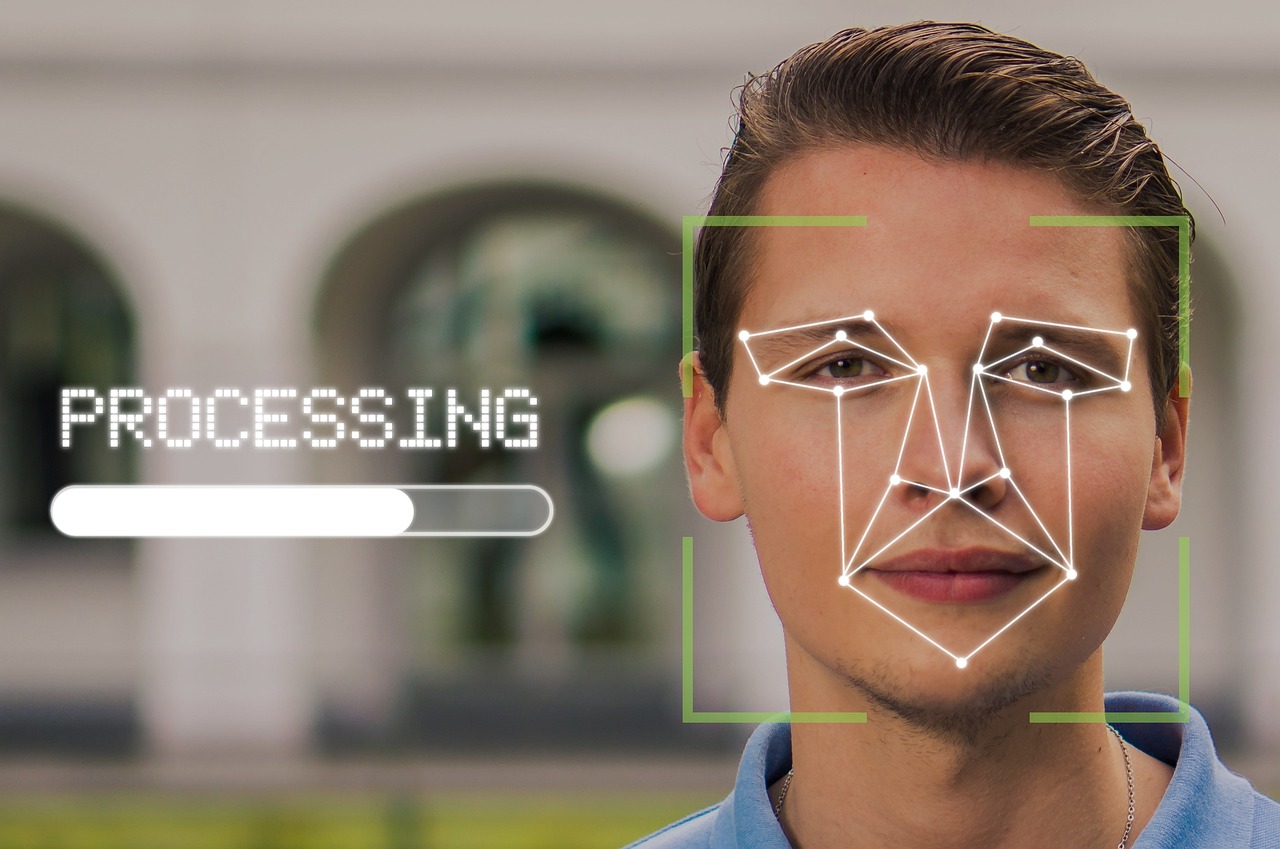In an alarming revelation of the risks associated with biometric data, a breach at Outabox, an Australian company that implemented facial recognition technology in bars and clubs, has spotlighted the vulnerabilities in privacy protection. The incident, which involved unauthorized access to a database containing detailed personal information, has reignited debates about the safety and ethics of surveillance technologies in public spaces.
Outabox’s technology, initially designed to enhance security and health measures amid the COVID-19 pandemic by scanning visitors’ faces and checking temperatures, inadvertently became a tool for potential privacy invasion. This breach not only exposed biometric data but also other sensitive personal information like driver’s licenses and contact details, impacting numerous individuals.
The breach has sparked significant concern among privacy advocates and cybersecurity experts, calling for immediate action and reform. The incident illustrates the dire consequences of inadequate data security measures and the need for stringent regulations to protect individuals from privacy violations. As biometric technologies become more prevalent, the urgency for robust privacy safeguards becomes increasingly critical.
This case serves as a crucial lesson for tech companies and regulatory bodies to prioritize data security, especially when handling sensitive biometric information. The Outabox incident is a call to action for all stakeholders to bolster cybersecurity defenses and ensure the ethical use of technology in public spaces, safeguarding individuals’ privacy rights in the digital age.



